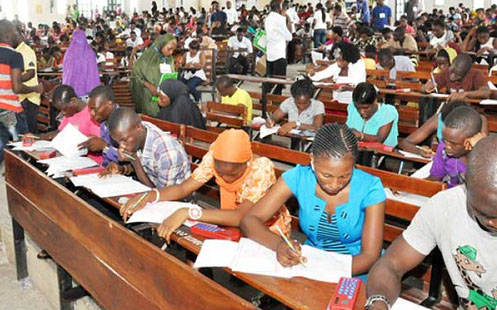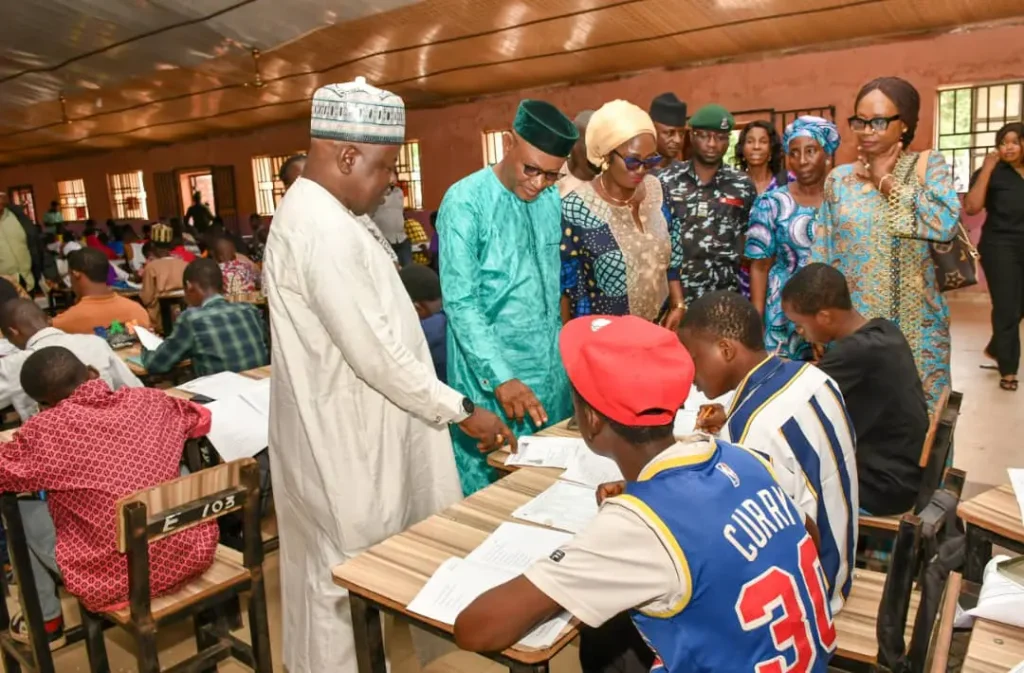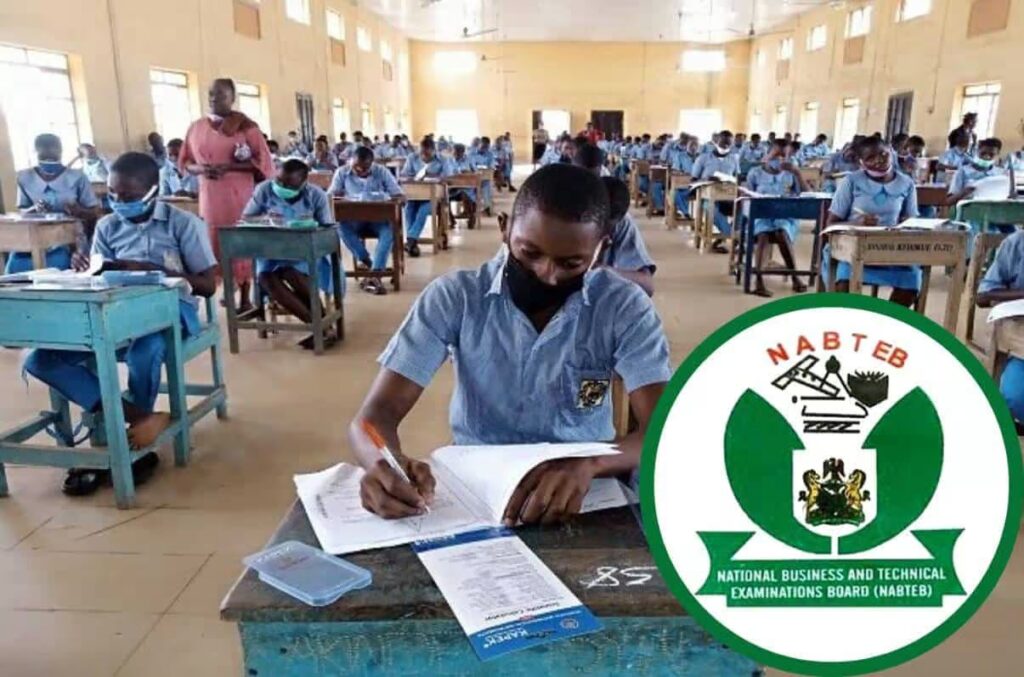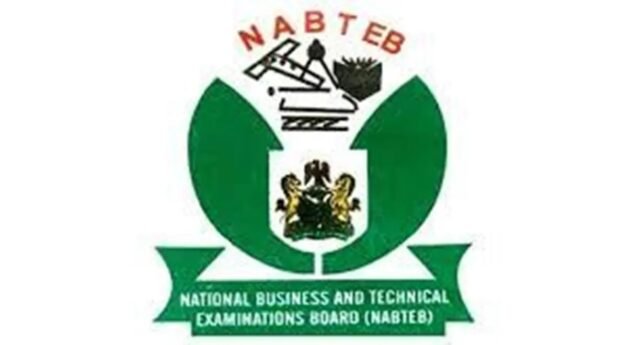In a startling revelation, the National Business and Technical Examinations Board (NABTEB) has disclosed that only 39% of candidates who sat for the 2025 entrance examination into Federal Technical Colleges (FTCs) achieved the minimum pass mark of 50% and above. The figure represents a concerning signal about candidate preparedness and the state of vocational education in Nigeria.
Table of Contents
Low Pass Rate Showcases Critical Gaps
- 24,074 candidates participated in the exam, yet only 9,389 met the threshold for passing.
- A mere 1.31% (just 316 individuals) scored 70% or higher, highlighting a worrisome lack of high achievers at this stage.
- Remarkably, only eight candidates—or 0.03%—emerged as top performers across the board.
Dr. Aminu Mohammed, NABTEB’s Registrar and Chief Executive Officer, shared these results in Benin City during the official announcement, coinciding with the start of the three-day placement exercise for successful candidates.
What These Numbers Mean for TVET
Dr. Mohammed stressed that the prevailing pass rate calls for a robust reassessment of technical and vocational education and training (TVET) structures across Nigeria. He emphasised that administrators, teachers, and stakeholders must prioritise candidates who are genuinely ready and deserving of FTC admission:
“A fair, transparent and merit-based selection process that attracts the most talented and motivated students” must be at the forefront of placements, he said.

Root Causes: From Admissions to Preparedness
Education specialists suggest that the dismal statistics may stem from foundational weaknesses in early-stage technical education:
- Limited Foundational Training in lower schools affects students’ readiness for specialised tests.
- Resource Constraints—not enough qualified instructors, practical workshops, or up-to-date learning materials.
- Misaligned Admissions Practices, with candidates selecting technical colleges without awareness or genuine interest in vocational pathways.
Educators argue this signals a need for early career guidance and a robust framework to make technical education both aspirational and accessible.
Federal Government’s Strategic Response
In response to current trends, the Federal Ministry of Education has launched new infrastructure initiatives to improve accessibility and quality in technical education:
- Two new Federal Technical Colleges have been commissioned—in Enugu State and Plateau State—with academic activities set to begin in the 2026/2027 session.
- Officials have confirmed plans to establish three additional FTCs, ultimately ensuring every one of Nigeria’s 36 states and the Federal Capital Territory (FCT) hosts at least one FTC.
These expansions are underpinned by the Federal Government’s free-tuition policy and ongoing efforts to elevate public perception of TVET pathways.

Enrollment Surge & Gender Balance
Remarkably, enrollment at this entrance stage saw a 287.76% increase compared to 2024. Of the 29,260 candidates registered, 24,074 actually sat the exam, marking a 17.72% absentee rate.
- 16,206 male candidates accounted for 67.32%, while 7,868 female candidates represented 32.68%. This compares to 68.87% male and 31.13% female participation in 2024.
The significant rise in enrolment reflects a growing interest in TVET, likely stimulated by targeted government initiatives and broader awareness campaigns.
What Next: Strengthening TVET’s Future
Analysts and stakeholders highlight several critical recommendations:
1. Bolster Foundation-Level Vocational Training
Introduce early intervention programs—career awareness clubs in primary schools, basic hands-on workshops—to stimulate interest and ensure a smoother transition to technical education.
2. Improve Teacher Capacity & Infrastructure
Provide professional development for vocational educators, upgrade workshop facilities, and secure industry-standard tools and materials.
3. Data-Driven Admission & Placement
Leverage performance analytics during the three-day placement exercise to align candidates with colleges that match their aptitude, potentially boosting success rates.
4. Regular Review & Strategic Roadmaps
Set benchmarks to elevate pass rates year-over-year, aligning with global TVET standards and fostering a long-term improvement trajectory.
Voices from the Field
Dr. Muibat Olodo, Director of Technology and Science Education at the Ministry of Education, supported the reforms, saying current policies represent pivotal leverage for improving student outcomes through structured TVET initiatives.
Principals and staff from the 32 federal and 171 state-affiliated technical colleges present at the announcement signalled their commitment to fostering accountability during the upcoming placement processes.

Final Takeaway
The 39% pass rate in the 2025 NABTEB FTC entrance exam sends a clear message: while Nigeria’s roll‑out of TVET initiatives, infrastructure upgrades, and free‑tuition policies is gaining traction, core challenges in quality and preparedness remain. Ministry interventions, including new college infrastructure and proactive placement policies, are steps in the right direction—but lasting change depends on holistic strengthening across early education, pedagogical quality, and candidate alignment.
Join Our Social Media Channels:
WhatsApp: NaijaEyes
Facebook: NaijaEyes
Twitter: NaijaEyes
Instagram: NaijaEyes
TikTok: NaijaEyes
READ THE LATEST EDUCATION NEWS








































